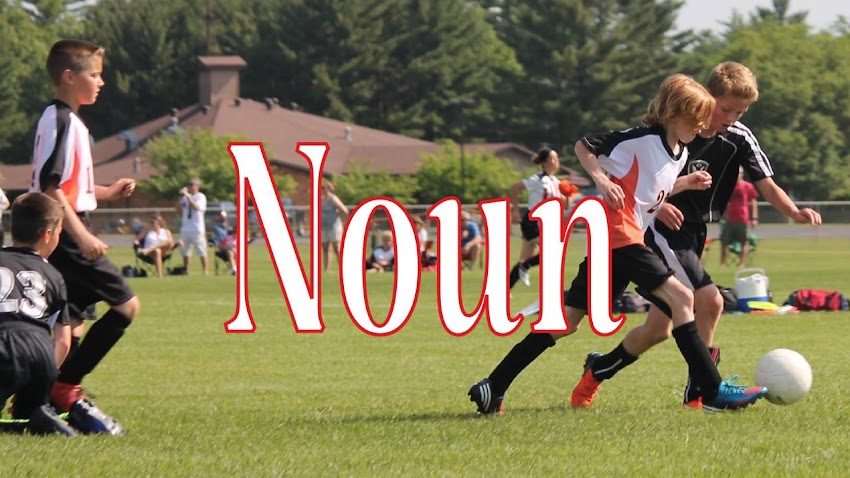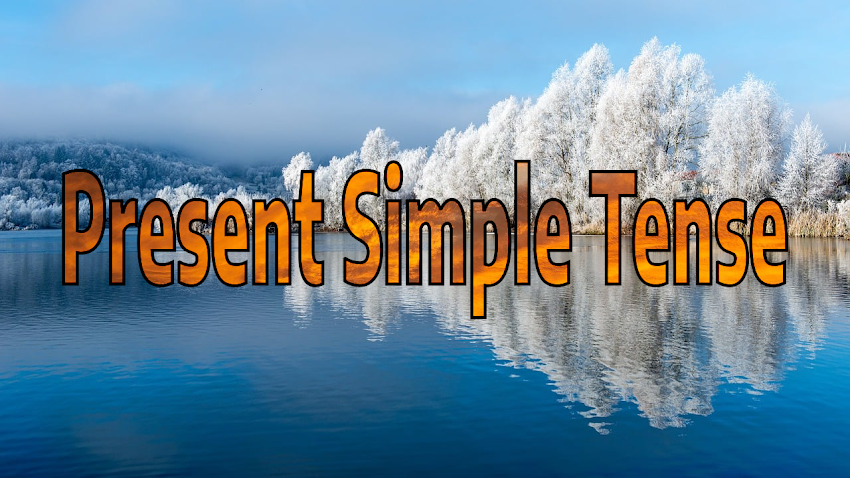Gender
By
Azora Koice
G
Gender is a grammatical term. It refers to the difference between male and female words such as HE and SHE. In grammar, the terms "masculine" and &…
Read more »
You
By
Azora Koice
Y
What is "You"? " You " is the second personal pronoun (see PERSONAL PRONOUN ). " You " refers to one hearer (singular) or hearer…
Read more »
In
By
Azora Koice
I
What is "In"? In is either a preposition or an adverb . It's a common preposition of place and time . We must be careful in choosing betwee…
Read more »
Past Simple Tense
By
Azora Koice
P
When we use a past tense main verb and no auxiliary verb, the form of the verb is called the Past Simple . Most verbs form their Past Tense with - ed . The …
Read more »
Pronoun
By
Azora Koice
P
A pronoun is a grammatical word which we use instead of a NOUN or NOUN PHRASE. Pronouns can be subject , object , or complement in a sentence. They can al…
Read more »
Preposition
By
Azora Koice
P
A preposition is a word which typically goes before a NOUN PHRASE or PRONOUN. Let's see some examples below: (1) of the world (2) with my best fri…
Read more »
Time
By
Azora Koice
T
1. How we deal with different ways of answering the question "When?" Example: When are you going to learn to drive? Answers: (A) "…
Read more »
Yet
By
Azora Koice
Y
What is "Yet"? In middle or end position, yet is an adverb of time. In front position, it is a linking adverb or conjunction. 1. Yet as an adve…
Read more »
Until
By
Azora Koice
U
What is Until ? Until means "up to a particular time". 1. Until as a preposition of time I waited until 10 o'clock, and then I left. …
Read more »
What
By
Azora Koice
W
What is either a determiner or pronoun. It is a wh- word used to refer to "things". What is used to form wh- questions, wh- clauses, and exclamat…
Read more »
On
By
Azora Koice
O
What is "On"? On concerns place, movement, means of travel, or time . 1. On for "place" 1.1. On means "in contact with a surfac…
Read more »
How
By
Azora Koice
H
How is a wh- adverb which we use in wh- questions, exclamatoins, and for introducing subordinate clauses. It's the only wh- word which is not spelled wit…
Read more »
Gerund
By
Azora Koice
G
Some grammar books use the word " gerund " for -ing participles which act like nouns. For more details, please see -ing/-ing form , -ing clause . …
Read more »
Noun
By
Azora Koice
N
Nouns are the largest class of words (part of speech). They are the main words of noun phrases . Most nouns have a plural form in -( e ) s : ear ~ ear s , wi…
Read more »
Verb
By
Azora Koice
V
To find out about verbs, look up the words in small capitals in the following summary. Funny video about verbs in English. 1. Verbs are a word class divided…
Read more »
For
By
Azora Koice
F
For is either a preposition or a conjunction. When it acts as a preposition, it has two main uses: "length of time" and "purpose". In wri…
Read more »
Even
By
Azora Koice
E
What is the word class (part of speech) of "Even"? Even is either an adjective or an adverb. As an adverb it goes before the word, phrase, or clau…
Read more »
Concrete noun
By
Azora Koice
C
What is "concrete noun"? A concrete noun refers to something that you can perceive with your five senses—seeing, hearing, touching, tasting, or sm…
Read more »
Present Simple Tense
By
Azora Koice
P
When we use a Present Tense main verb and no auxiliary verb, the form of the verb is called Present Simple , for example, come , comes . The Present Simple …
Read more »
Search
Latest
7-latest-65px
Sections
Popular Posts
-
Now is an adverb. 1. Adverb of time Now means: (1) "at this time", "at the present time". (2) "very soon...
-
" The " is called the "definite article". It's the most common word in English. It contrasts with the "indefi...
-
What are "articles"? The articles are a /ə/ , an /ən/ (called indefinite article), and the (definite article). See more...
-
A complement normally follows the verb phrase . The main verb is usually BE . A complement tells us something about the nature of the su...
-
Last is either an ordinal or adverb. It refers to anything or anyone that comes at the end of a series. 1. Last is the opposite of first...






















